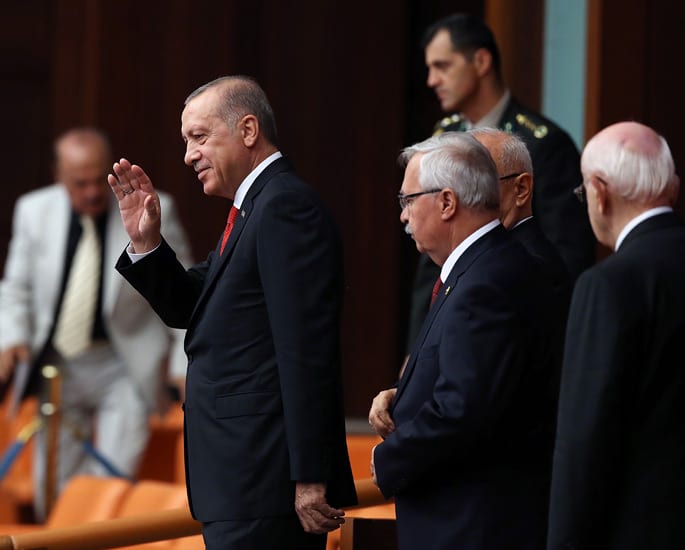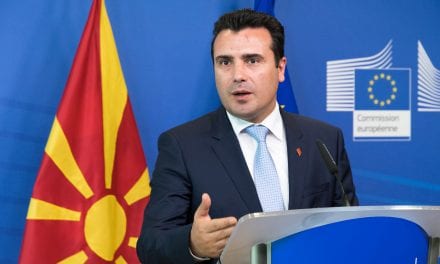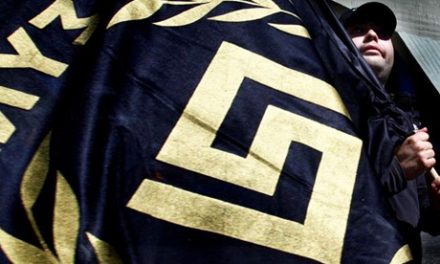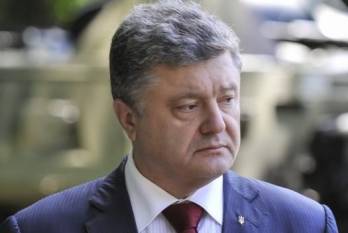By Karwan Faidhi Dri, Rudaw
Turkish President Recep Tayyip Erdogan faced a test on June 24 when 50 million Turkish citizens passed judgment on his 16-year rule at the ballot box. He must have breathed a great sigh of relief when the sun set over Turkey that evening and unofficial results put him and his AK Party well ahead for the presidency and parliament.
What happened on June 24?
Turkish citizens went to polls to choose Turkey’s next president. It was largely a two horse race between Erdogan and Republican People’s Party (CHP) candidate Muharrem Ince – described by Western media outlets as the only man capable of ending Erdogan’s one man rule.
These expectations were proved wrong, however, when Erdogan secured 52.38 percent of the vote, and his Justice and Development Party (AKP) alliance with the far-right Nationalist Movement Party (MHP) bagged almost 54 percent, sending 344 MPs to parliament.
Ince only won 30 percent of the vote while his party gained 22.65 percent, sending 146 MPs to the parliament.
The pro-Kurdish Peoples’ Democratic Party (HDP) survived – passing the ten percent electoral threshold, increasing its share of seats from 59 to 67. Its jailed presidential candidate Selahattin Demirtas gained more than eight percent of the vote.
The opposition, particularly the CHP, rejected the unofficial results when they were first declared by the state-owned Anadolu Agency – claiming its own figures showed the presidential election would enter a run-off. The next day, however, Ince accepted the results and congratulated Erdogan.
A critical week
The victorious AKP held a meeting on Saturday to nominate candidates for Turkey’s new cabinet. It nominated the outgoing prime minister, Binali Yildirim, as speaker of the Turkish parliament and also chose two other AKP members to be the head and deputy head of the AKP’s bloc in parliament.
Turkey’s new parliament convened on Saturday when 600 new MPs were sworn in. Erdogan himself will be sworn in on Monday when Turkey’s new system takes effect and the state of emergency will be lifted.
The first session of parliament is usually chaired by the oldest sitting MP until the speaker is elected. Saturday’s session was chaired by Durmus Yilmaz from the IYI (Good) Party. He is the second oldest MP after CHP’s Deniz Baykal, who could not step into the role due to ill health.
So what’s new?
Erdogan has now assumed the powers of the annulled prime minister under Turkey’s constitutional reforms. He now has the power to declare a six-month state of emergency without parliamentary approval and may extend it for an extra four months. The parliament maintains this authority too.
Parliament still plays a role in lawmaking, especially those laws related to the basic rights of citizens. But laws relating to the economy, especially the budget and other critical issues, will be drafted by the president.
Challenges
The new government faces an economic crisis. The value of the lira against the US dollar is at its lowest in decades and inflation is at over 15 percent – its highest since 2004. Erdogan has promised to overcome these issues and has also threatened to expel any investors found responsible for the devaluation.
Turkey has not been able to address the Kurdish question. Successive cabinets have denied there is even a Kurdish issue.
The Turkish state has clashed with the outlawed Kurdistan Workers’ Party (PKK) – an armed group that struggles for Kurdish rights in southeast of the country – for over 40 years. The war has claimed the lives of more than 40,000 people – including civilians. The situation is likely to deteriorate further now that the AKP is in alliance with the nationalist MHP – which is fiercely opposed to diversifying Turkish culture to incorporate Kurdish language and education.
Erdogan admitted during his victory speech he was not satisfied with the 295 seats his party gained because it will have to depend on MHP to pass laws and implement the new system.
Furthermore, his government needs 400 seats to pass critical laws, which means Erdogan will have to improve relations with opposition parties to implement his program.
The IYI (Good) Party and the CHP are unlikely to warm to the AKP’s overturns following a savage election campaign. As for the HDP, many of its former leaders, MPs and officials were jailed by Erdogan and the AKP, so the likelihood of any parliamentary alliance is pretty slim.



















